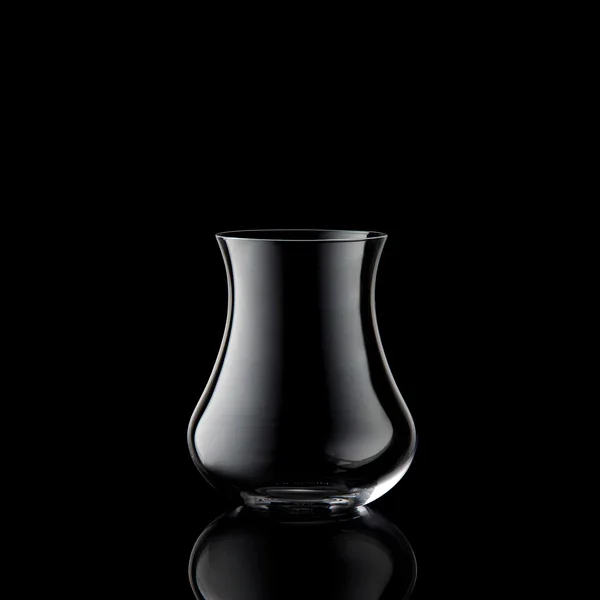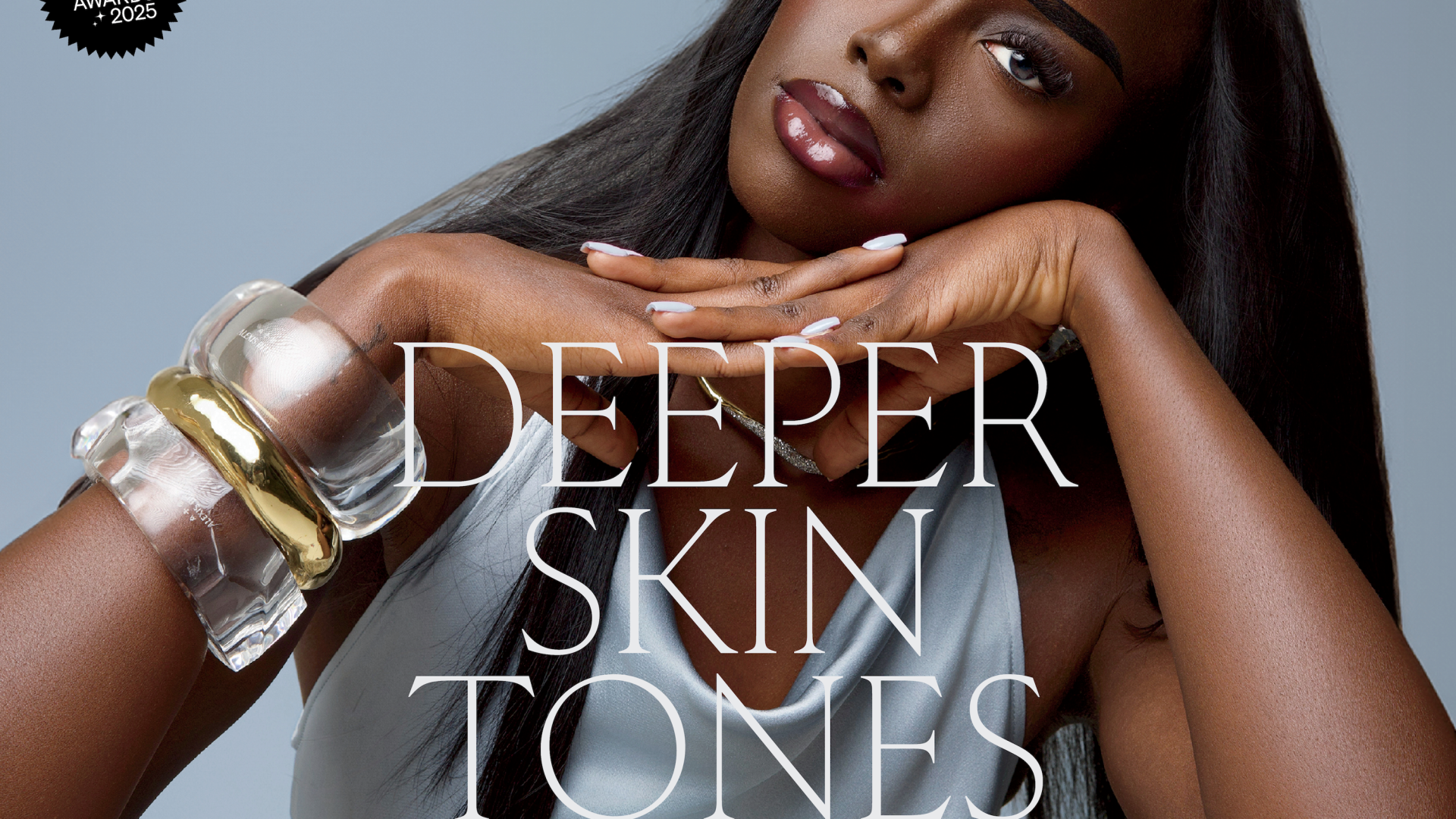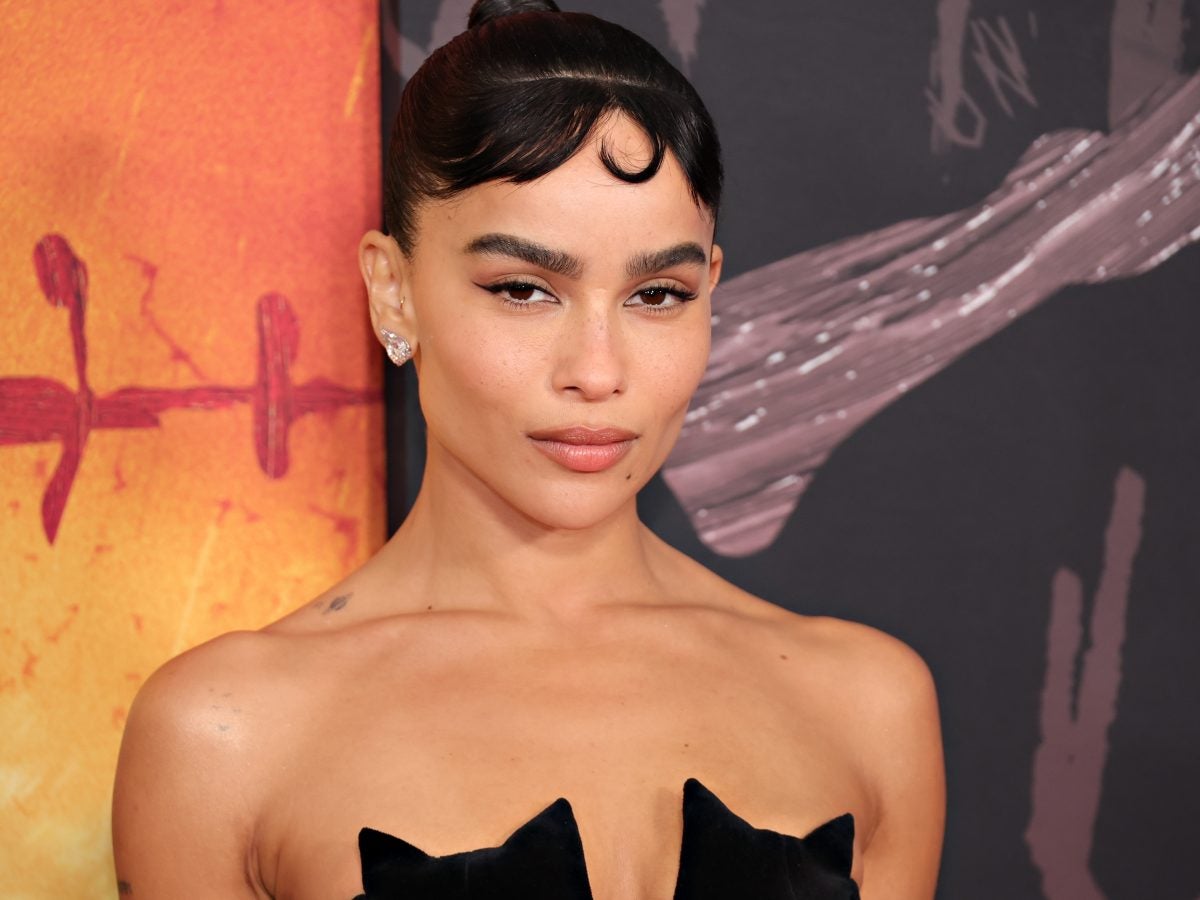
Though she’s gaining critical acclaim for her sultry performance as Catwoman (Selina Kyle) in Warner Bros’ hotly awaited new DC Comic film The Batman, Zoë Kravitz was actually once rejected from being a part of the beloved action universe.
Even more shocking is the reason why.
While chatting about breaking into the industry as the child of two famous parents with The Observer, the actress revealed that, sadly, like many young Black actresses, the color of her skin has held her back when auditioning for roles in major films. Somewhat ironically, such was the case when she set her sights on a role in a previous Batman franchise.
Discussing the role her Black heritage has played in her search for and approach to some of the roles she’s snagged, Kravitz opened up about her 2012 attempt to audition for a role in The Dark Knight Rises, the third installment in famed writer/director Christopher Nolan‘s Batman trilogy. The actress was blatantly told that the film wasn’t going “urban” for the role, and thus blocked from reading for it.
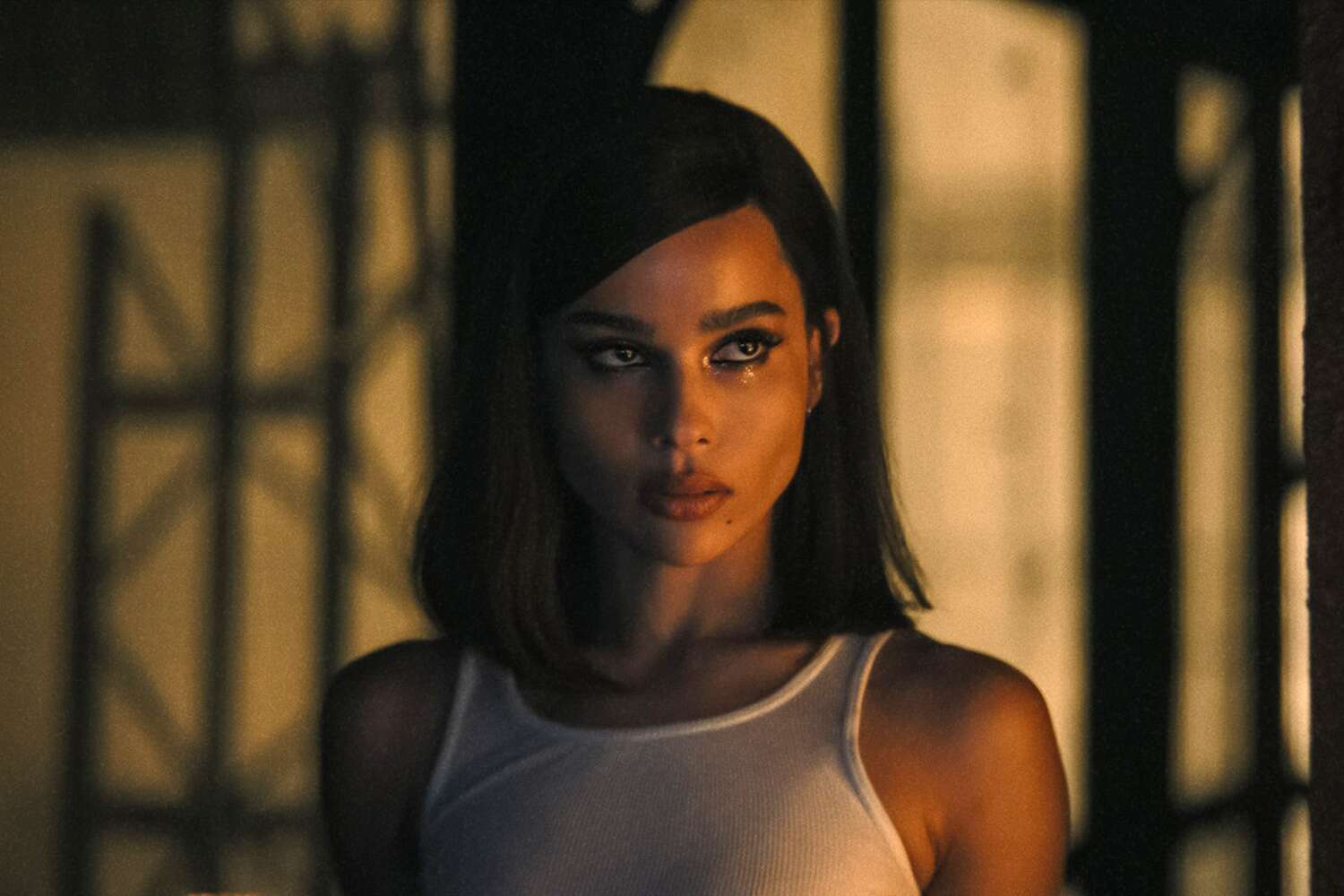
“I don’t know if it came directly from Chris Nolan,” Kravitz explained, careful not to point a finger directly at Nolan for something that happened in the casting room. “I think it was probably a casting director of some kind, or a casting director’s assistant.”
Kravitz admitted that this discrimination was a very tough pill to swallow at the time.
“Being a woman of color and being an actor and being told at that time that I wasn’t able to read because of the color of my skin, and the word urban being thrown around like that, that was what was really hard about that moment.”
This racial judgment was particularly hard for Kravitz who admits that, as a biracial woman, she has struggled with seeing the beauty in her own Blackness in the past.
“I felt really insecure about my hair,” she revealed. She says she would try to fit more neatly into societal beauty standards by “relaxing it, putting chemicals in it, plucking my eyebrows really thin.”
‘I was uncomfortable with my Blackness. It took me a long time to not only accept it but to love it and want to scream it from the rooftops.”
She credits the understanding of her mother Lisa Bonet’s and her grandmother Roxie Roker’s experiences with helping her appreciate her identity, claiming it took realizing what it meant “for my grandmother to get a job on The Jeffersons, and be a Black woman on TV, and what it meant for her to be in a biracial relationship on television. And to hear stuff that my mother tells me about being a biracial girl in the 1970s, and being abused or being spit on, and what that felt like, you know?”
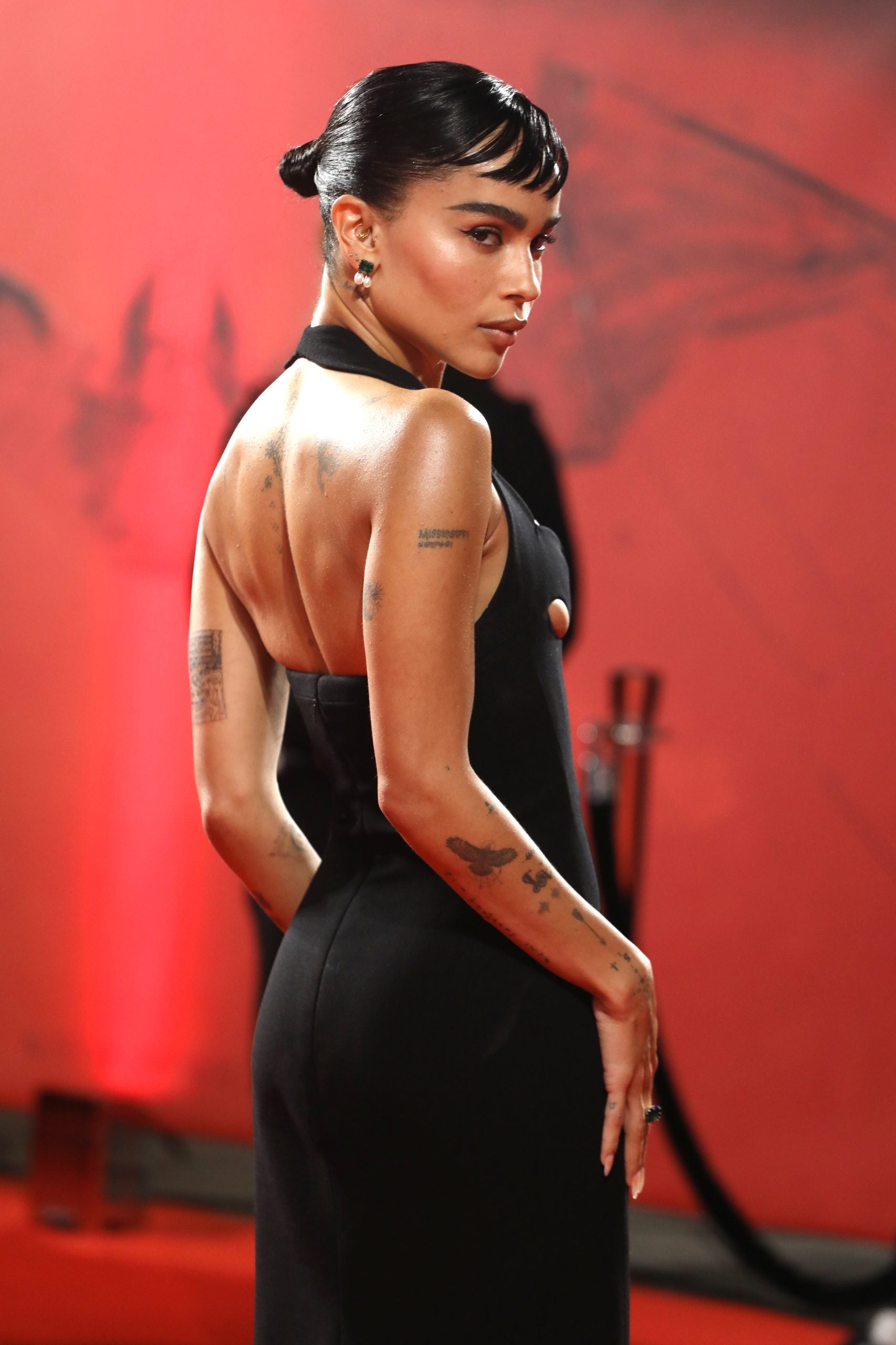
Though each of her parents has had to navigate the entertainment industry and unconventional Black identity as biracial people, she says neither of them warned her of the discrimination that may await her as she pursued acting.
“I think they were more focused on trying to make sure I understood that despite the color of my skin I should be able to act or dress or do whatever it is I want to do.”
As such, Kravitz is careful to use her identity as a biracial Black woman to bring more nuance and complexity to the roles she takes, she and her agent are also conscious not to let that pigeonhole her.

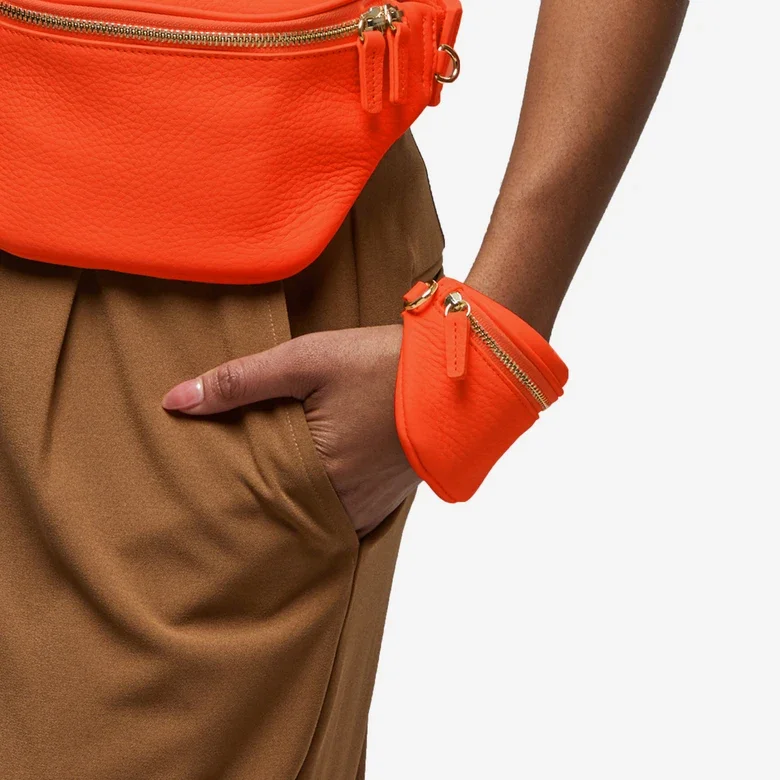




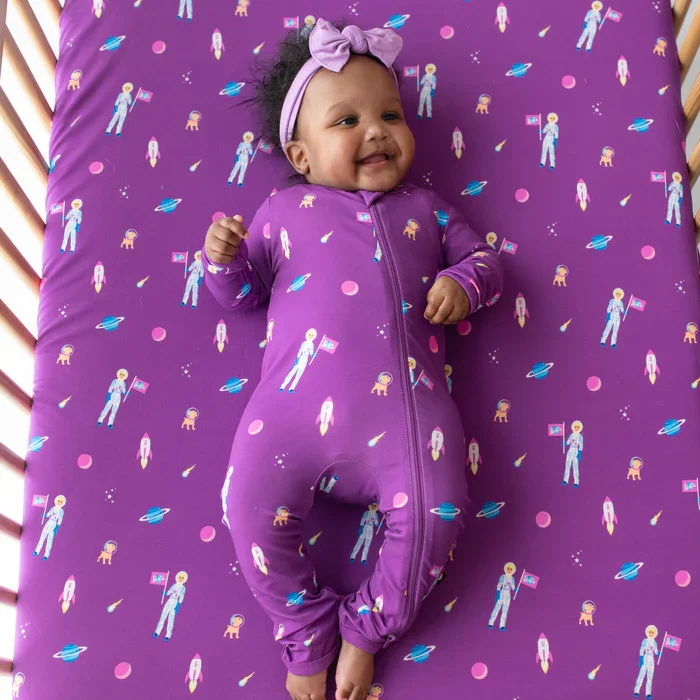
“At one point, all the scripts that were being sent were about the first Black woman to make a muffin or something,” she says. “Even though those stories are important to tell, I also want to open things up for myself as an artist.”
Ultimately, missing out on that bit part in The Dark Knight Rises left room for Kravitz to wow audiences in The Batman today, in one of the most iconic roles in comic fandom.
“Even though it’s sometimes hard to see that in the moment, usually a few years later, you’re like, OK, this is why this didn’t happen.”
